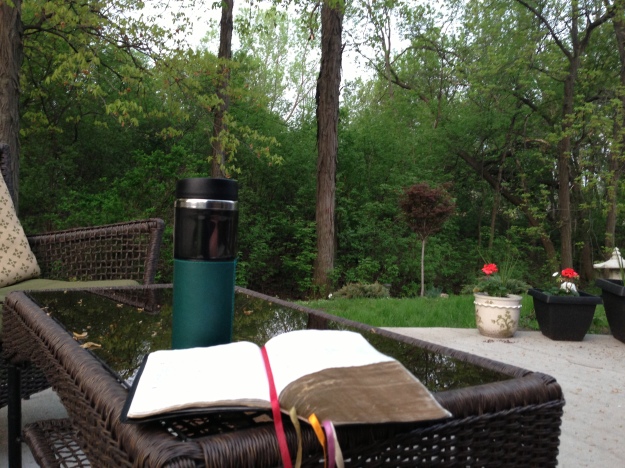Over on Twitter this morning, Charles Hawkins (@Parish_Parson) shared an article by Rowan Williams on Augustine and the Psalms. It’s a typically dense read, but well worth attempting on this feast day.
Williams says that “the psalms represent the unifying of the divine and the human voice in Christ.”
What is distinctive about any hermeneutic of the Psalms is that singing them is quite simply and literally an appropriation of Christ’s life, in history and eternity. And, from this act of appropriation, the church as a whole is revealed as the community where humanity is allowed full scope to say what it is, in terms of its failure and pain, so that it may fully become what it is created to be, the multiple echo of the Word’s response to the Father. “Do not hear anything spoken in the person of Christ as if it had nothing to do with you who are members of the Body of Christ” (Enarrat. Ps. 143.1).
He goes on to say that “the singing of the psalms becomes the most immediate routine means of identifying with the voice of Christ. And that identification carries implications for the kind of mutual relation that concretely defines the life of the church.”
What we try to do in the Daily Office as we sing or recite the psalms morning and evening, day after day, is to more and more become the Body of Christ, in which one member cannot say to the other “I have no need of you” (1 Cor. 12).
The more there is love, the more suffering at the lovelessness of others in the church (Enarrat. Ps. 98.13, referring to Paul in 2 Cor 11). But such love is precisely what we have to offer the loveless within the Body; thus the cost must be borne.
Here Williams’ words call to mind the hymn by Samuel Crossman:
My song is love unknown,
my Savior’s love to me
love to the loveless shown
that they might lovely be.
This love which “bears all things, believes all things, hopes all things, endures all things” (1 Cor. 13) is precisely the bond of our unity as the Body of Christ, the unity we pray for in the Collect appointed for this week:
Grant, O merciful God, that your people, being gathered together in unity by your Holy Spirit, may show forth your power among all peoples, to the glory of your Name; through Jesus Christ our Lord, who lives and reigns with you and the Holy Spirit, one God, for ever and ever. Amen. (BCP 232)





